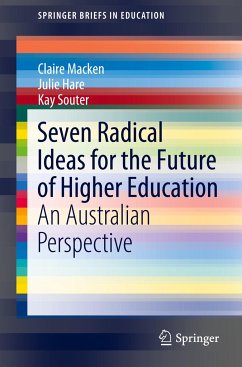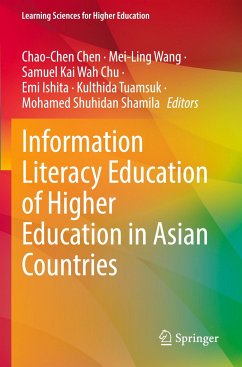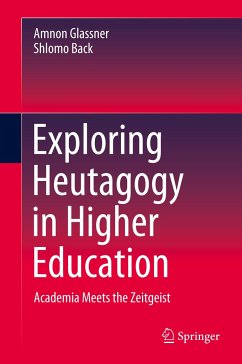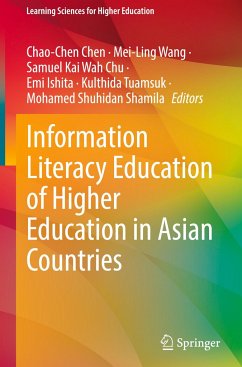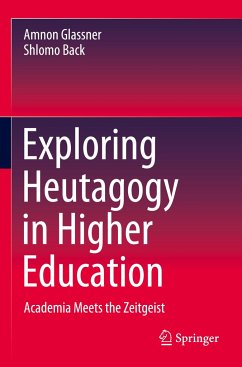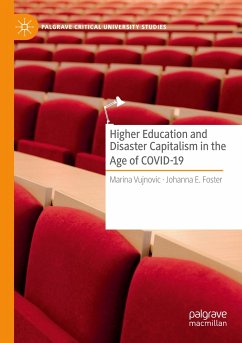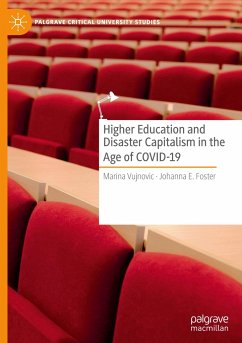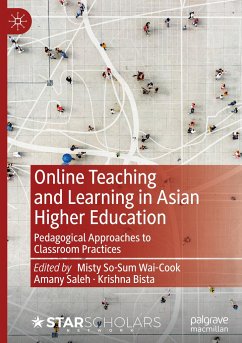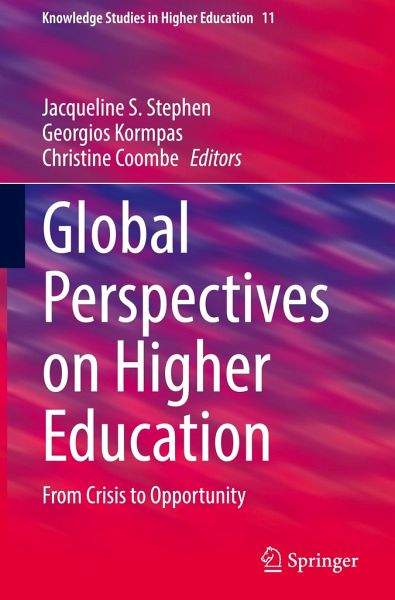
Global Perspectives on Higher Education
From Crisis to Opportunity
Herausgegeben: Stephen, Jacqueline S.; Kormpas, Georgios; Coombe, Christine

PAYBACK Punkte
65 °P sammeln!
This edited volume explores the impact of recent events worldwide that commanded rapid transformation with the areas of teaching, learning, assessment, administration, and academic support systems in today's higher education institutions globally. It draws on a range of theories and research to provide global perspectives on student and instructor-centered approaches, such as, teaching, learning, assessment, technology use, student and instructor success, curriculum and instructional design, professional development, and academic and administrative support systems. The chapters in this volume ...
This edited volume explores the impact of recent events worldwide that commanded rapid transformation with the areas of teaching, learning, assessment, administration, and academic support systems in today's higher education institutions globally. It draws on a range of theories and research to provide global perspectives on student and instructor-centered approaches, such as, teaching, learning, assessment, technology use, student and instructor success, curriculum and instructional design, professional development, and academic and administrative support systems. The chapters in this volume capture the personal experiences of educators, educational support professionals, and emerging teachers who encountered crises in the form of disruptions (i.e., COVID-19 pandemic), advancements (i.e., technology), and transformations (i.e., practices, procedures). Educators, administrators, and policymakers benefit by learning about the ways other institutions of higher education continue to adapt to address emerging gaps.The 33 chapters in this volume were authored by international researchers, practitioners, and experts from 20 countries. This diverse group of authors share their experiences in creating opportunities from challenges to address gaps in higher education exposed by disruptions from the external and internal environments.






